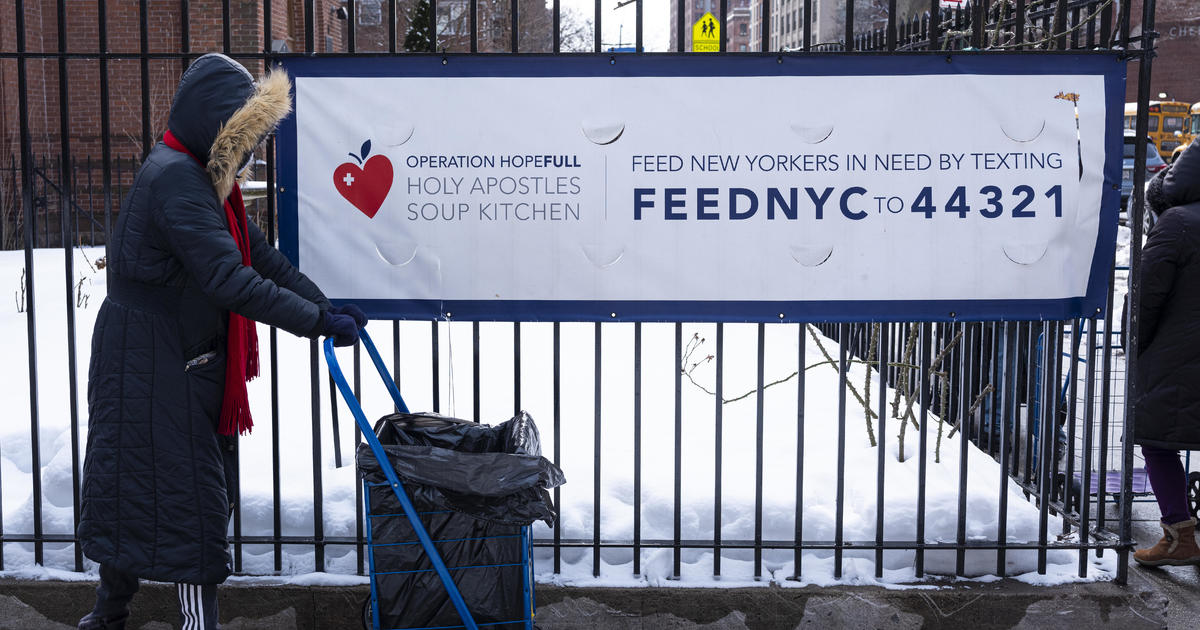A year after the new coronavirus hit the United States, many Americans are struggling with their finances, according to a comprehensive report released Friday by the Pew Research Center.
About half of all non-retired adults say the pandemic has made it difficult to reach their financial goals. This rises to 58% for low-income people.
One of the goals is retirement itself: about a quarter of people over 50 said they delayed their retirement because of the outbreak or hope to postpone it.
About four out of ten Americans say they cut their pay or were fired, or live with someone who was. For Hispanic and Asian families, the majority experienced such a loss of income: 61% of Hispanic families and 58% of Asians say they have had a cut in pay or layoff.
The loss of jobs was also influenced by income. Half of low-income workers lost jobs or wages, while a third of high-income workers reported the same, Pew found.
Pew’s data reflects the bifurcated economy, much of which became virtual last year when travel was disrupted and entertainment and food outlets closed, eliminating millions of lower-paying jobs. At the same time, most professional workers in areas such as technology, law or finance could do their jobs remotely. (An analysis found that higher-paid workers are six times more likely to be able to work remotely than their lower-paid colleagues.)
This uneven reality is also reflected in the expenditure data. Although low-income Americans are more likely to see declines in income, they were less likely to cut spending, Pew found.
“High-income adults are also more likely than those of medium or low income to say that they have spent less and saved more money since the coronavirus outbreak began,” the report found. More than 8 out of 10 high-income adults report spending less during the pandemic, while only a third of low-income adults say the same.
And there is a clear division of classes in the reasons for cutting spending. Nearly 9 out of 10 high-income workers and two-thirds of middle-income workers are spending less “because their daily activities have changed due to coronavirus-related restrictions,” Pew found. Fall in daily commuting, canceled travel plans and closed restaurants, which eliminate low-paying jobs, also translate into less spending for middle- and upper-income Americans.
Among low-income adults, the majority are “spending less because they are concerned with personal finances,” Pew found.
The pandemic and its aftermath have also taken a mental toll. Three out of 10 adults told Pew that they often worry about debt, with black and Latino workers more likely to report frequent concerns than white respondents. Almost one in five Americans is concerned with paying their rent or mortgage on time or buying enough food for the family.
At the other end of the ledger, three out of ten respondents (and four out of ten high-income people) told Pew that they are financially better off than a year ago.
Overall, Pew found, the Americans’ financial crisis is less acute now than it was in April, when the economy was in free fall. Just over half of Americans said their personal financial situation was good or excellent, up six percentage points from April. But for those who are in pain, it has been lasting. Among workers who lost their wages personally during the pandemic, half are still earning less money than before the outbreak began, Pew found.
